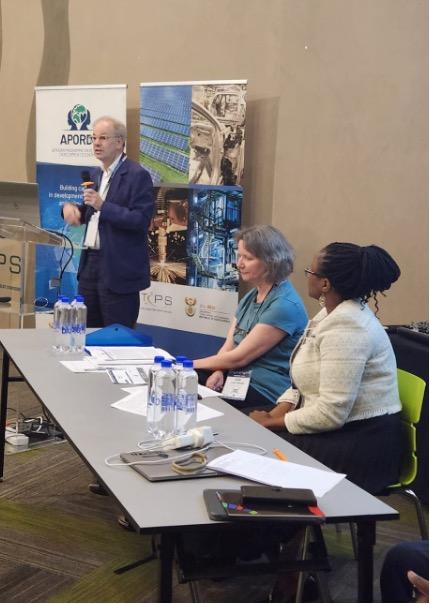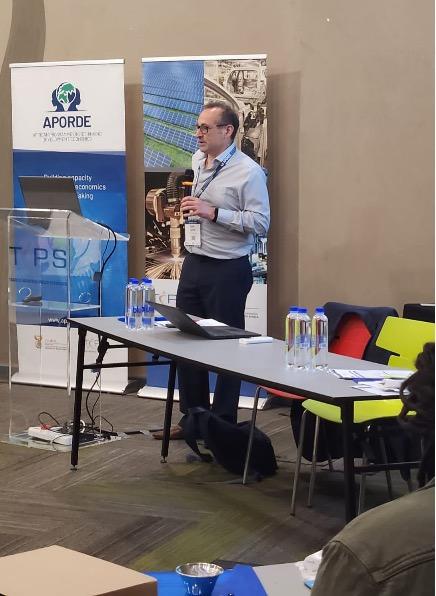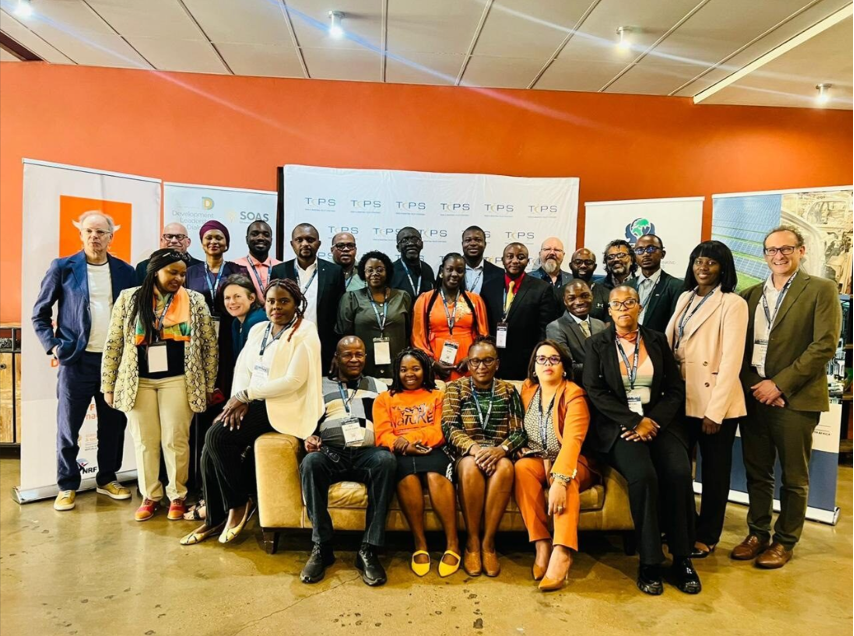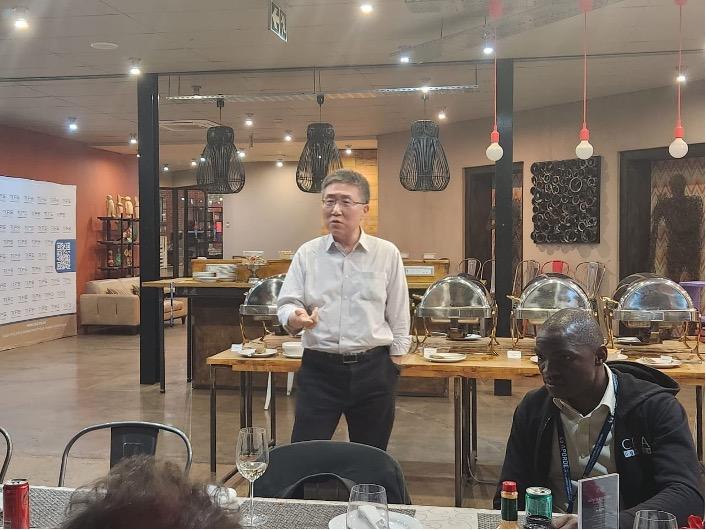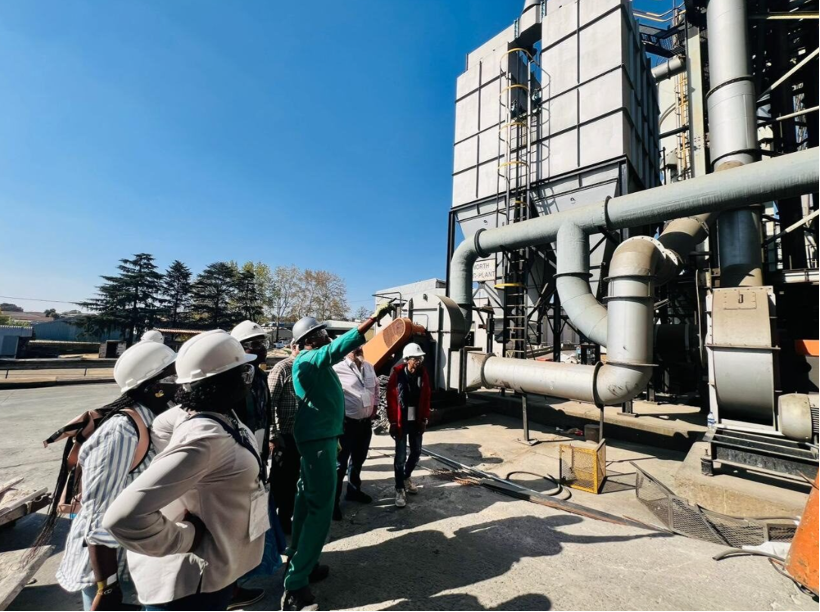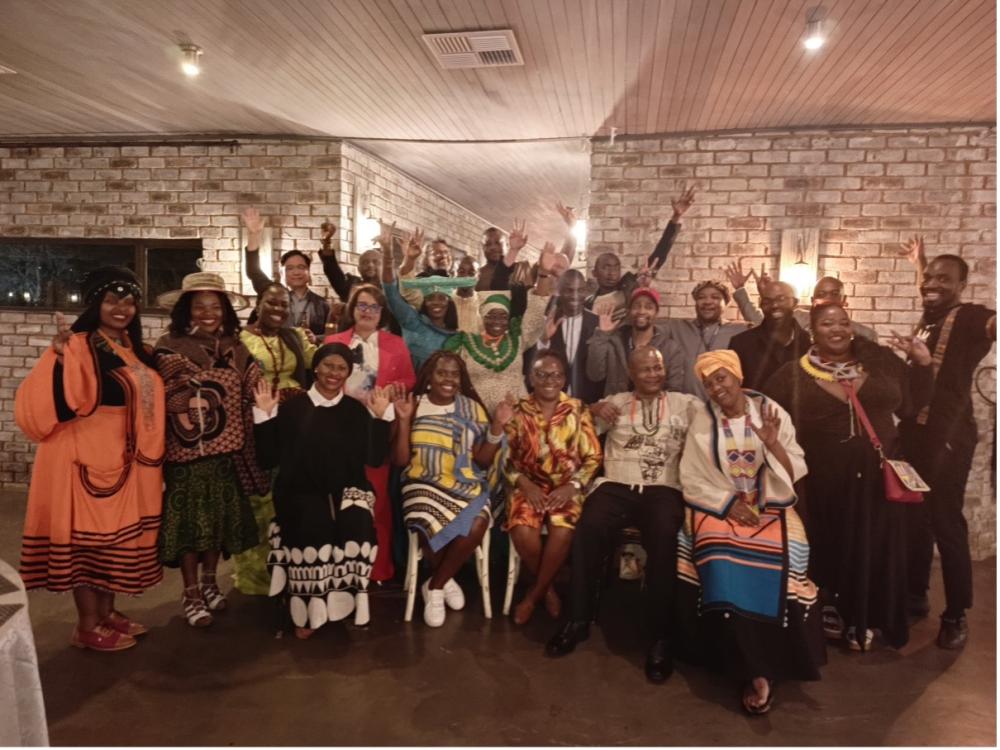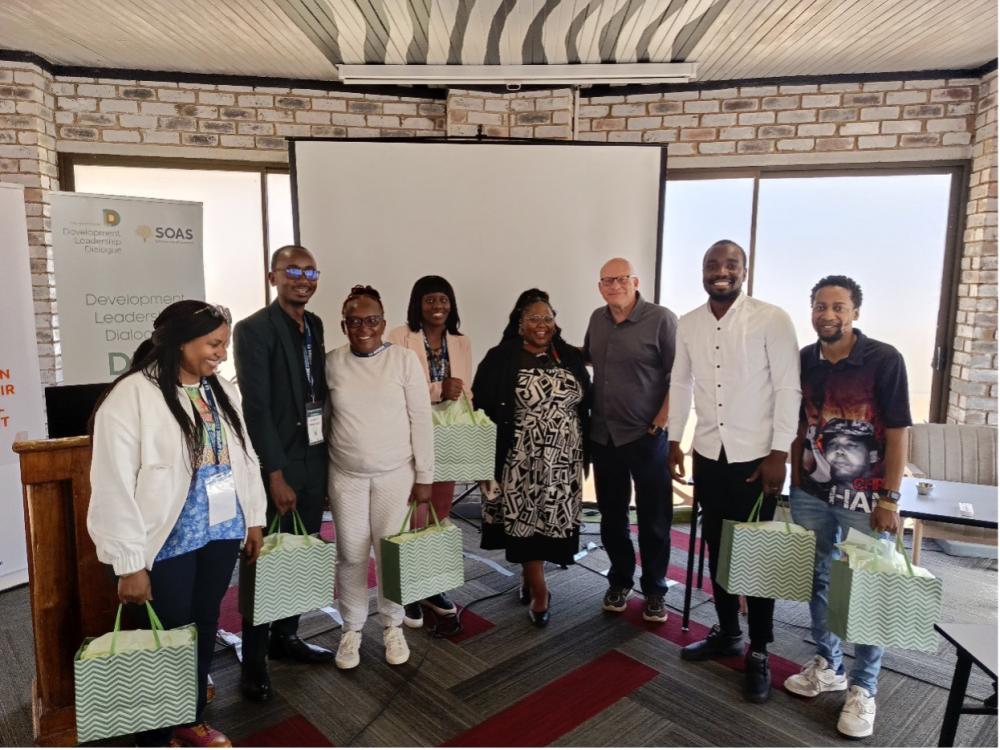DLD delivers 5th Future Leaders Programme with South African partners


From 2nd to 6th September senior government officials, policy makers, civil society leaders and researchers from 14 countries across Africa gathered outside Johannesburg for the 5th SOAS DLD Future Leaders Programme.
FLP 5 was held in partnership Trade and Industrial Policy Strategy (TIPS), an independent, non-profit, economic research institution based in Pretoria, South Africa, and supported by the South African Research Chair in Industrial Development (SARChI-ID) and the South African Department for Trade, Industrialization, and Competition (DTIC).
The theme was ‘Green Industrialisation in Africa’ and discussions were led by a global faculty of leading international experts with extensive knowledge and experience in different areas related to the theme of the programme including DLD Directors Christopher Cramer, Ha-Joon Chang, and Jonathan Di John, as well as Adeyemi Dipeolu (former special economic adviser to the Vice-President of Nigeria), Gaylor Montmasson-Clair (TIPS), Seutame Maimele (TIPS), Amir Lebdioui (University of Oxford), Shingie Chisoro (CCRED), Arkebe Oqubay (former adviser to three Prime Ministers of Ethiopia), Pamela Mondliwa (Industrial Development Corporation) and Nimrod Zalk (Mandela School of Public Governance).
The debates covered diverse thematic areas such as the impact of climate change on industrial development; the role and challenges of securing long-term finance; the importance of development banks in industrial policies and the challenges of operating an effective development bank; the role of agriculture in driving industrialization; the role of AfCFTA and continental organizations in reducing trade barriers and facilitating intra-regional trade and market development; the policies from the European Union, United Kingdom, and United States on carbon requirements that may affect the competitiveness of firms in strategic sectors in Africa; developing productive capabilities as a key strategy for green industrialization; among others.
During the programme, Prof. Ha-Joon Chang presented the new edition of his book, Edible Economics, which is a must-read discussing different aspects of economics from a point of view of different food ingredients.
The programme also featured a site visit to Mintek, South Africa’s national mineral research organization and one of the world’s leading technology organizations specialising in mineral processing, extractive metallurgy, and related field.
The visit accorded participants a unique opportunity to understand how research and innovation cane be used to support the development of strategic sectors of an economy, especially given that many African countries export raw mineral commodities without beneficiation.
A dinner and award night was organized to help participants socialize and to showcase rich and diverse cultural heritage across Africa. There was also a competition: participants were allocated into four groups to develop a green industrial policy for any African country of their choice.
The aim was to highlight low-hanging fruits for green industrialization given the local specificities of each country. The winning group was presented with prizes.
Header Image credit: Ant Rozetsky via Unsplash.
